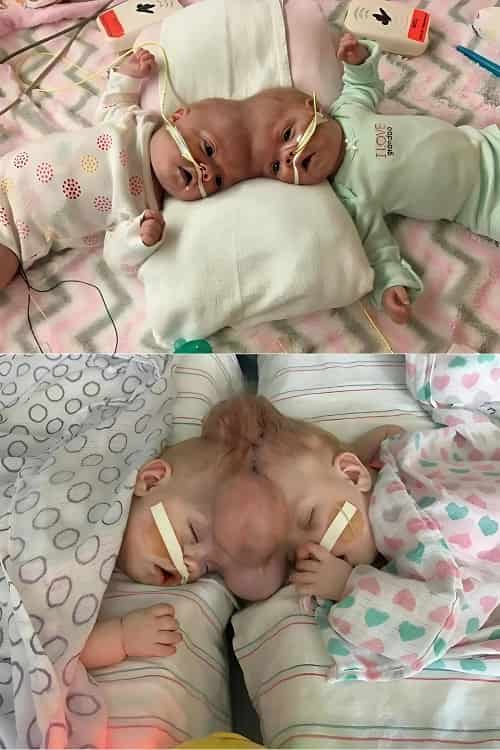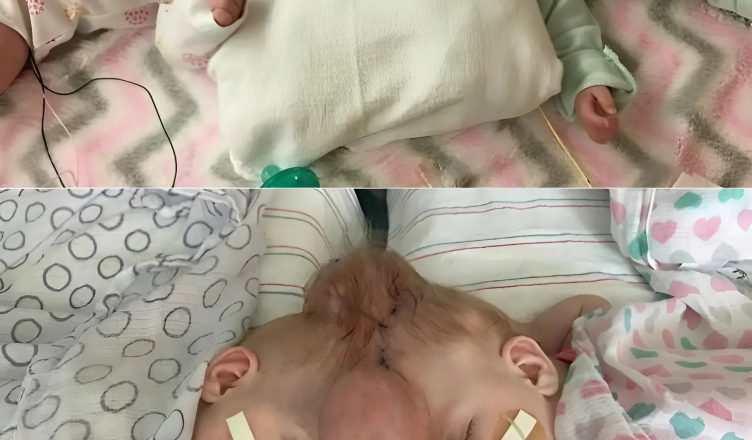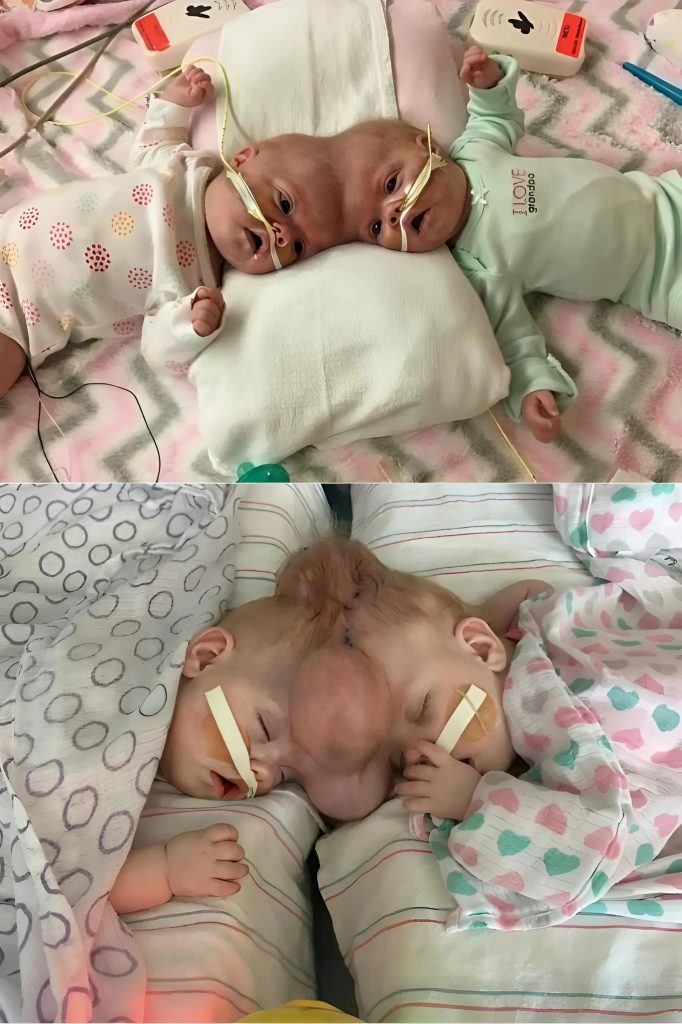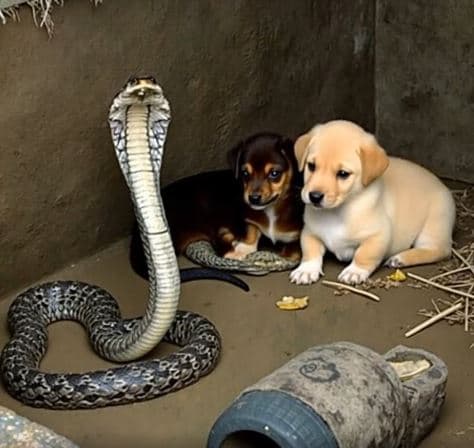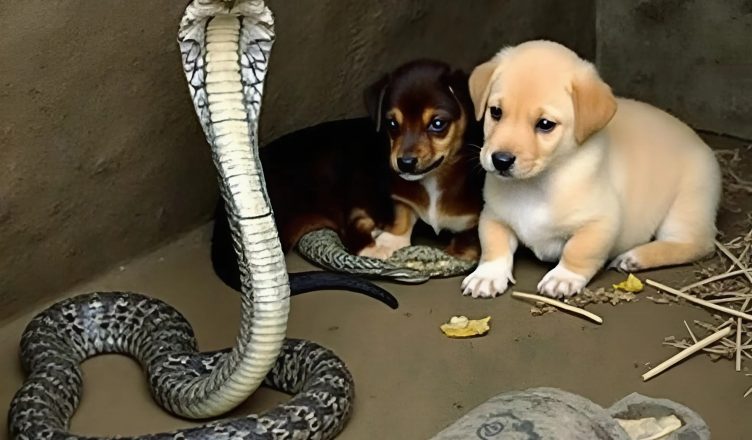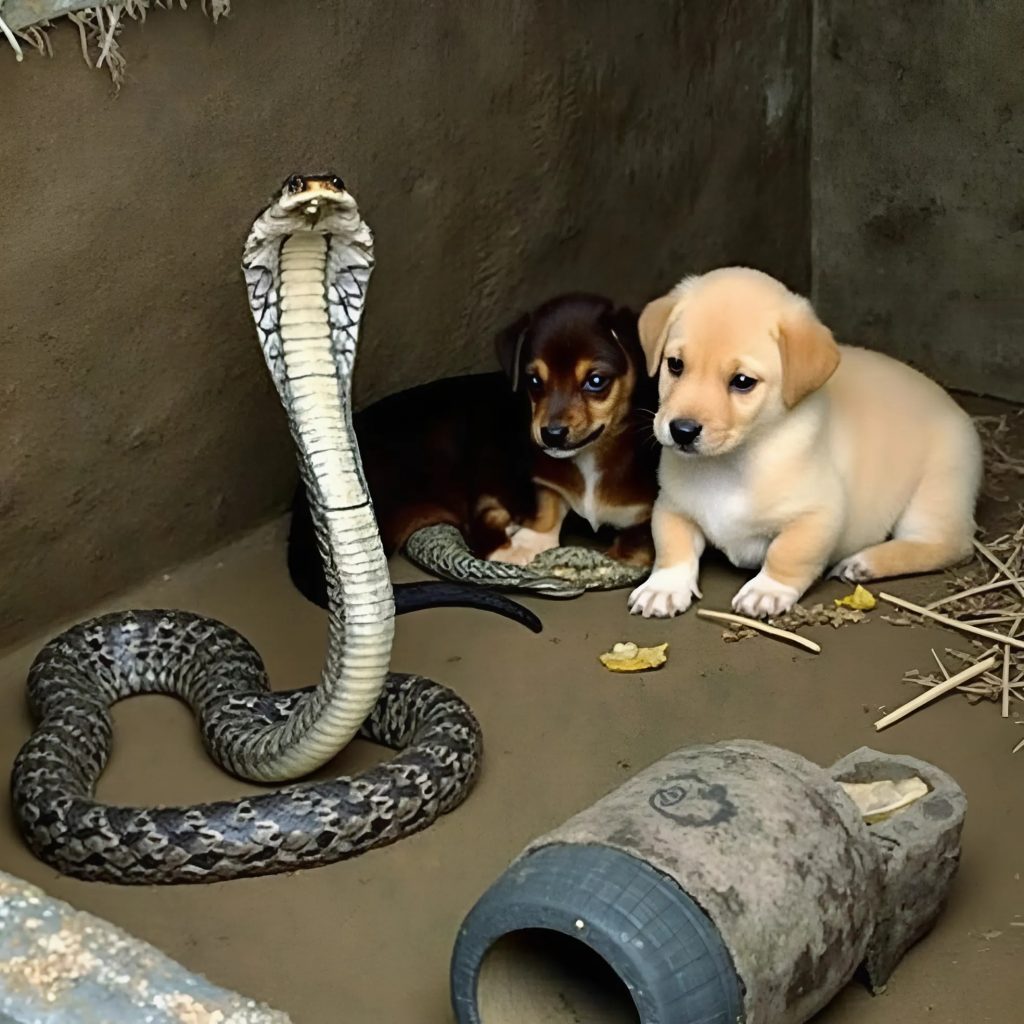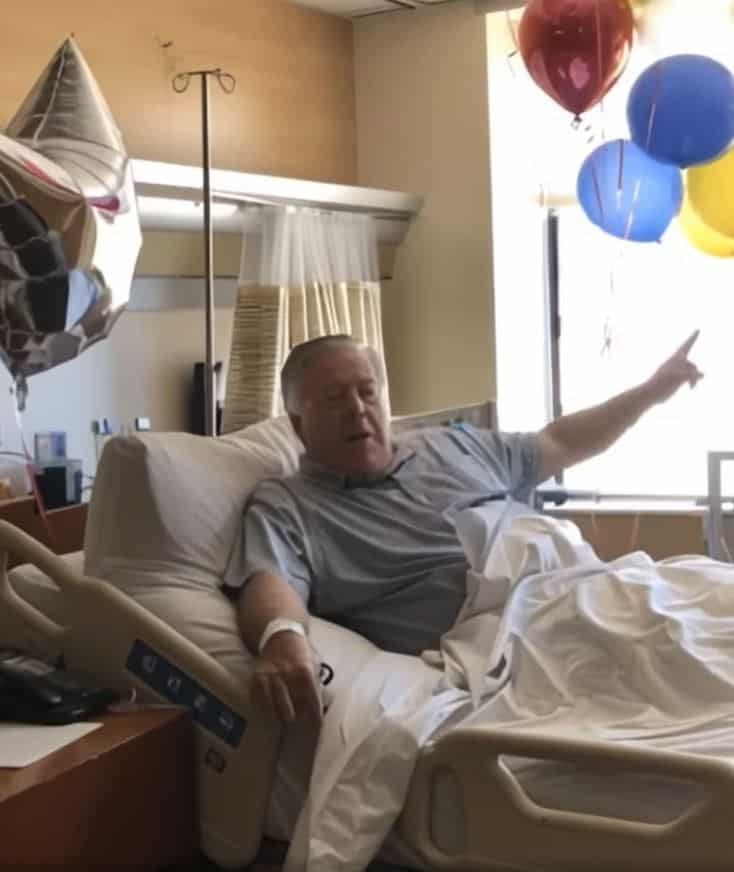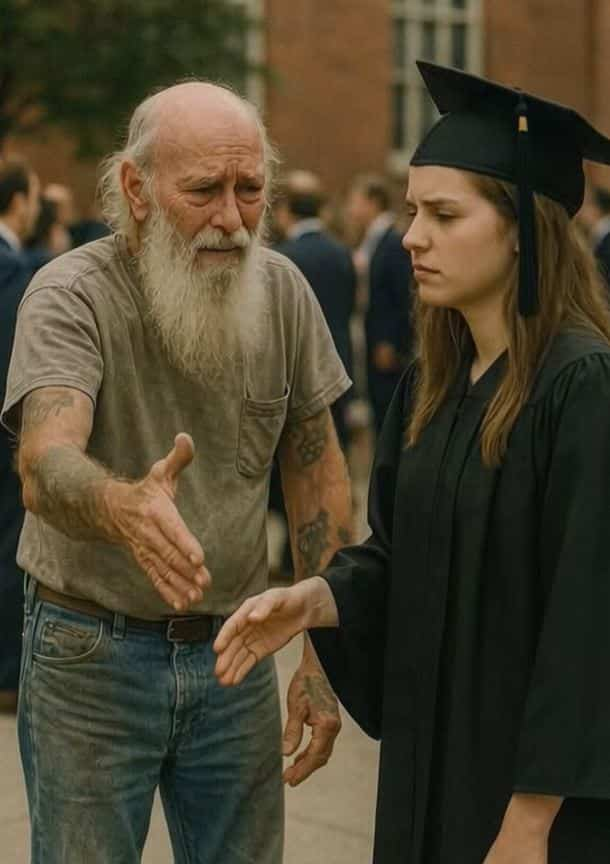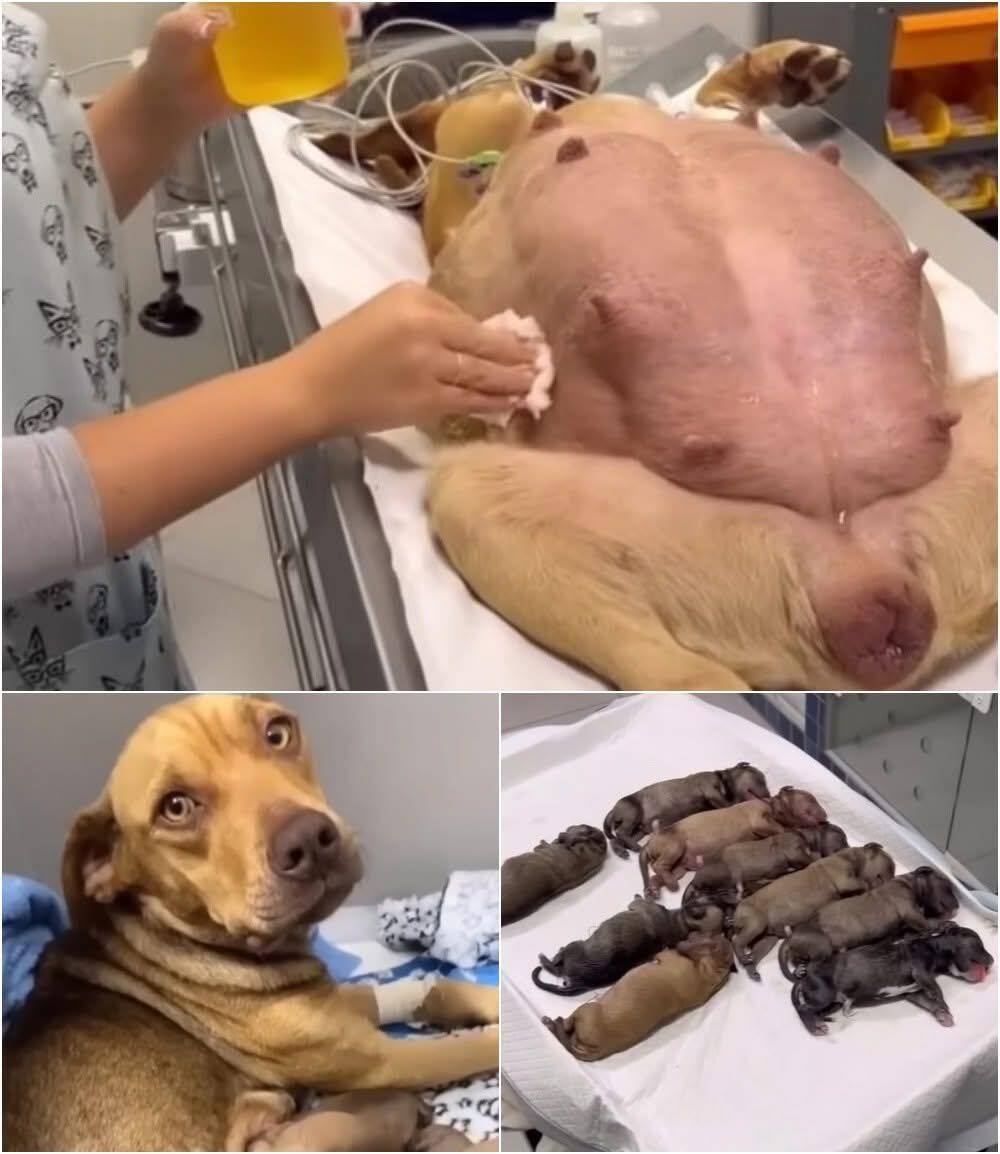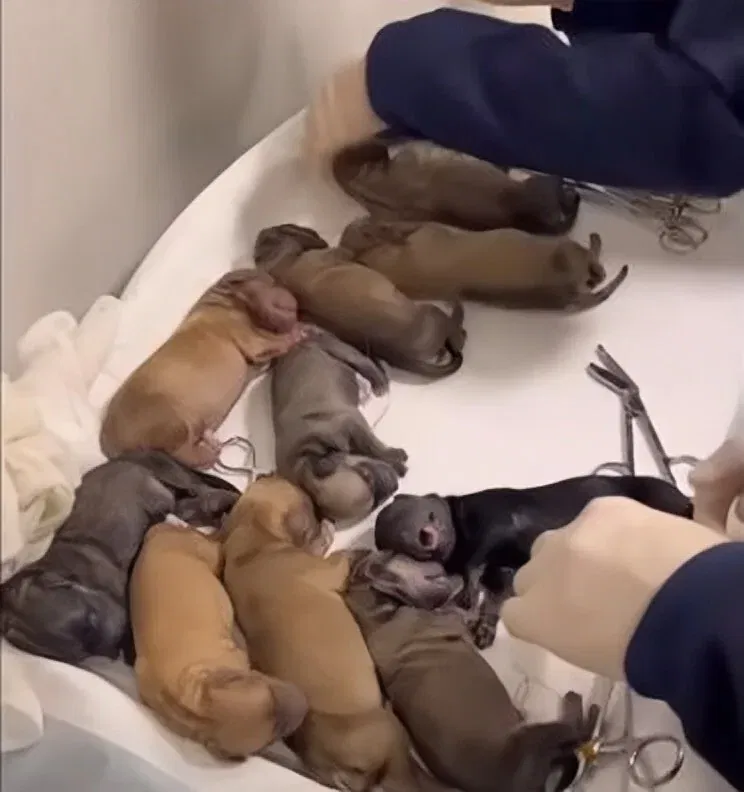
Miles Hollis was in a rush. At the age of forty, he usually didn’t feel this hurried, but on that particular day, he had no other option. A hospital in Florida just called to share the news that a baby girl had arrived—and he was named as the father.
He could have easily brushed it off as just a wrong number or a joke, but the fact that his wife, Tara, was in Florida changed everything. He had sent her off on a little getaway while he worked on renovating their house in Texas. He wanted to surprise her with a bigger house—one that had extra rooms for the four kids they dreamed of raising together. Three had already found their forever homes, as Miles, having been a foster child himself, held a strong belief in offering others the same loving opportunity he once received. The additional space was meant for their unborn baby, a little one Tara had been hoping for after years of trying.
But that phone call turned everything upside down. The nurse on the line shared that Tara had gone into premature labor and welcomed a baby girl into the world. Sadly, Tara didn’t make it through the difficult birth. They said the newborn needed her father right away. Miles packed in a haze, his heart racing with sorrow and disbelief. Was Tara truly gone?
He got on the next flight to Florida, with tears always just beneath the surface. The whole trip seemed like a haze—his thoughts consumed by memories of Tara’s radiant smile, her hand resting on her expanding belly, filled with anticipation for what was to come. How could she possibly be gone?
After he touched down, Miles picked up a rental car and headed directly to the hospital. Cradling the tiny infant in his arms for the first time filled him with a mix of pain and awe. The weight of Tara’s absence hit him hard, like a frigid wave, yet he pushed himself to remain steady for the baby’s benefit. She was tiny, delicate, and she represented everything he had left of Tara.
Before he left the hospital, he ran into Ms. Addison, an eighty-two-year-old volunteer in the intensive care unit. Having recently lost her own spouse, Ms. Addison extended her heartfelt compassion, softly clarifying the circumstances surrounding Tara’s body. “I’m really sorry,” she whispered, gently placing tissues into Miles’s shaking hands. “Your wife poured her heart and soul into bringing this baby into the world.”
He cried openly, not minding who was watching. Ms. Addison stood silently beside him, allowing him to express his sorrow. Once he found his voice again, she spoke softly, “I assume you’re taking the child home?””
Miles nodded, brushing away his tears. “I… I’m the only parent she has now.” I have to bring her back to Texas. We have three other kids, all adopted, who are eagerly waiting. They haven’t figured it out yet.
She offered him a sorrowful yet supportive nod. “I just know you’re going to be an amazing dad to this little one.” She passed him her phone number. “Just reach out if you need anything or if something goes wrong.”
He expressed his gratitude to her, even though he wasn’t sure he would actually require it. In that moment, his heart ached for Texas, where he could lay Tara to rest the way she deserved, mourn with his family, and share this precious baby with her siblings. The hospital handed the baby over to him without much hassle, suggesting he complete the necessary paperwork once he returned to Texas.
Bright and early the next morning, Miles made his way to the airport, gently holding the infant in a cozy carrier. Worn out and overwhelmed by his heartbreak, all he wanted was to make it back home. However, when he reached the boarding gate, the airline staff wouldn’t allow him to go through.
“Excuse me, is this your daughter, sir?”“What’s your reason for traveling?” asked the gate agent, their face set in a serious expression.
“Sure,” Miles said, offering a slight, weary smile. “We have to board this plane.”
“What’s her age?””
“She’s four days old now,” he murmured, a pang of pain knotting in his stomach.
“I’m really sorry, but the airline’s policy doesn’t allow travel with a newborn who is less than seven days old.” We also need a birth certificate for verification, and we have to confirm that she’s cleared for air travel.
Miles felt as if the ground had suddenly vanished beneath him. His voice trembled as he spoke. “Excuse me, my wife died while giving birth.” I don’t have anywhere to stay here in Florida, and I really need to get back home to my family. Kindly. This is really important.
However, the gate agent shook her head, showing sympathy but remaining firm. “I’m really sorry for your loss, sir, but we have to follow these regulations to ensure the baby’s safety.” You’ll also need some official documents. “I can’t allow you to get on board.”
Miles felt a flush of frustration and sorrow creeping into his cheeks. He took a step back, holding his little girl close, who shifted slightly at the sound of his strained voice. He didn’t have a hotel reservation and he didn’t know anyone in town. He thought about spending the night at the airport, but he couldn’t figure out how to take care of a newborn in such a place. He could feel the tears welling up once more, feeling utterly helpless.
Then he recalled Ms. Addison. Perhaps she was the one who could lend a hand. He really didn’t want to burden a stranger, but his desperation had pushed him into a corner. He struggled to find his phone, dialed her number, and tried to convey his situation with a shaky voice. She spoke with a comforting certainty.
“Meet me at arrivals, Miles,” Ms. Addison said. “Feel free to bring your little one.” “You’re going to stick around until we get this sorted out.”
He could barely wrap his head around such kindness. Just ten minutes later, a petite woman with silver hair, dressed in a soft pastel cardigan, beckoned him over by the baggage claim area. She led him to her car, assisted in fastening the baby seat, and drove them to a cozy yet inviting home on the edge of town.
“I really don’t know how I can ever repay you,” Miles said softly, his voice trembling as he fought back tears once more. Ms. Addison simply smiled. “After my husband passed away, I found myself feeling completely alone. I understand what it’s like to lose someone who means everything. “I’d like to lend a hand, even if it’s just for a bit.”
In the week that followed, Ms. Addison provided much more than just a place to stay. She showed Miles some essential tips for taking care of a newborn, like how to prepare formula and calm the baby when they’re crying at 3 a.m. She supported him through the pain of losing Tara, offering a listening ear when he wanted to share his feelings and allowing him solitude when he needed it. She took the initiative to make the calls necessary to arrange for Tara’s body to be transported back to Texas, allowing the family to hold a funeral. Miles was in awe of her generosity, referring to her as a “angel among us.” She simply laughed and replied, “I’m just paying forward the kindness I once received.”
In the stillness of their conversations, Miles picked up fragments of her life story: Ms. Addison was a proud mother of four, a grandmother to seven, and had three great-grandchildren, all spread out across the country. She missed them deeply, but they all had their own hectic lives to navigate. “I know they care about me, but they have their own families to look after,” she said, her eyes showing understanding. “Having you here has really brightened up my home.”
Miles came to the realization that he hadn’t experienced such a sense of being cared for since his teenage years—his mother had passed away when he was young, and he had been moving through the foster system until he reached eighteen. He had always longed for that steady, nurturing figure in his life. And there was Ms. Addison, taking on that role with the baby in her arms.
The baby appeared to flourish in Ms. Addison’s soothing surroundings. Even with the sorrow that came before her arrival, the baby was thriving, resting soundly in a makeshift crib that Ms. Addison had discovered in her attic. The older woman stood close by, her face lighting up every time she fed or rocked the little girl, lovingly referring to her as a “blessing from heaven.” Miles felt a twinge of sadness each time he remembered that this child would never know Tara, but at least she had the warm, gentle care of Ms. Addison for the moment.
In the meantime, Miles was on the phone for hours, wrapping up the birth certificate process and figuring out the airline requirements. On the seventh day, everything fell into place. He had rebooked his flight and was all set to head back home. Ms. Addison took them to the airport, slipping an envelope into his hand. “It’s for emergencies,” she clarified, but he maintained that he already owed her more than enough. Finally, they said their heartfelt goodbyes, tears in their eyes. “I’ll never forget you,” Miles said, his voice heavy with feeling as he wrapped his arms around her. She gently patted his back. “Please give me a call every month if you’re able to.” “I’d love to see your daughter grow up, even if it’s just from a distance.”
Miles made a promise. With his baby cradled in his arms, he took to the skies and headed back to Texas. Tara’s funeral was truly heartbreaking. Family and friends came together, each feeling the deep sorrow of losing a lively woman who had so much love to share. The older kids—Miles’s two adult children from a previous marriage and three adoptees he’d raised with Tara—stood together, tears streaming down their faces, surrounding the baby as if to shield her from the pain of the world. Miles felt a sense of numbness, yet the thought of Ms. Addison’s unwavering support fueled his determination to keep going.
As the weeks went by, things began to settle down. Miles discovered comfort in looking after the newborn, keeping himself occupied with feedings, diaper changes, and the everyday hustle of raising a little one. He took on the responsibility of looking after the other kids, making sure they all received therapy or counseling to cope with their mother’s loss. Every night, when the house fell silent, he would reach for the phone to call Ms. Addison. She would excitedly inquire about how much the baby had grown or how the kids were doing in their activities. Miles eventually began calling her “Ma Addison,” a nickname she embraced with a big smile, even though she playfully teased him, saying, “I’m not that old, child.”
Time flew by in the blink of an eye. Miles kept in touch with Ms. Addison regularly, making a trip to Florida once to see her in person. She made her way to Texas for the baby’s first birthday, surprising everyone with a beautiful homemade quilt. She became acquainted with Miles’s older kids as well, effortlessly capturing their hearts with her thoughtful advice and warm demeanor.
Then she became unwell. Miles found out from her daughter Hannah. “Ma Addison is in the hospital, pretty weak,” Hannah said to him on the phone, her voice shaking. Miles didn’t think twice; he packed up and headed to Florida, baby in hand, eager to support the woman who had been his lifeline during his toughest times. He discovered Ms. Addison lying in a hospital bed, her smile unwavering even with the tubes and monitors surrounding her.
“Come here,” she whispered, inviting him to draw nearer. He crouched down, cradling the baby on his hip. Ms. Addison gently ran her fingers through the child’s hair, her eyes glistening with tears. “My dear grandchild,” she whispered softly. Then, to Miles, “I’m really sorry if I made you worry.” I feel a sense of calm. I’ve had a long and fulfilling life.
Miles’s voice trembled, “But we really need you.” The kids really look up to you. You’re like the grandma they always wished for.
Ms. Addison let out a soft chuckle. “I care about them as well.” I’m really thankful I had the chance to witness you create a new life for yourself. “But I can only hold on so long,” she said, coughing softly as she took a sip of water from a cup nearby. “I’ve asked my lawyer to take care of some arrangements.” You can expect to hear from him soon.
Miles furrowed his brow, feeling unsure. “What arrangements are we talking about?””
She gave a warm smile. “Just wait and see.” Just… promise me you’ll continue being the amazing father you are, nurturing those kids with love and patience. That’s all I need.
He nodded, tears streaming down his cheeks as he pressed her hand softly. “I swear.” Everyone loves you, Ma Addison.
With her eyes shut, a look of contentment spread across her face. In the days that followed, Miles and Hannah alternated keeping her company, sharing tales of the baby’s first steps, the accomplishments of the older kids, and how the house, though quieter, still carried the weight of Tara’s absence. Ms. Addison listened intently, sometimes sharing gentle words of insight. Then, one tranquil dawn, she slipped away in her sleep, a gentle smile gracing her lips.
The funeral was intimate yet filled with emotion, attended by Ms. Addison’s children and grandchildren, along with Miles and the baby. Hannah remembered with tears in her eyes the moments when her mother welcomed strangers into their home, always believing in the power of second chances. The ceremony concluded in a quiet stillness. Miles, despite his heartbreak, experienced a soft sense of acceptance—as if Ms. Addison had completed her purpose here on earth.
Once the service concluded, a lawyer made his way over to Miles. “Mr. “Hollis,” he said, his voice barely above a whisper. “Ms.” Addison has included you in her estate, just like she did for her own children. She said you were ‘like a son’ to her.
Miles’s eyes grew wide. He began to voice his objections, but the lawyer clarified that Ms. Addison had been very clear in her will. “You were like family to her.” She hoped you would use her gift to keep spreading your kindness.
Hannah, the oldest daughter of Ms. Addison, stood nearby, tears glistening in her eyes as she nodded. “Mama told me you were her second chance at being a mother after Daddy passed away.” She really loved you. We all stand behind her decision.
As Miles locked eyes with Hannah, a surprising warmth washed over him. In the months before Ms. Addison’s passing, he and Hannah had formed a deep bond—two souls connected through their shared grief and love for the remarkable woman they both cherished. They found a common sense of humor, realized their music tastes matched well, and shared a similar outlook on parenting. Both had experienced their share of heartbreak—Miles had lost two wives, while Hannah had lost her husband many years ago. In Ms. Addison’s last weeks, they had turned into each other’s pillars of strength.
With Ms. Addison no longer around, that bond grew into something more profound. In the months following the funeral, as he navigated legal issues and the inheritance, Miles found himself visiting Florida more often to wrap up the details. Every time they met, Hannah and he would spend hours chatting, comforting one another, and sharing laughs about their memories of Ms. Addison. The baby quickly grew fond of Hannah, nestling into her arms as if she had discovered another grandmotherly presence.
In the end, they came to terms with their emotions. Hannah made the decision to relocate to Texas, motivated in part by her desire to honor Ms. Addison’s legacy by assisting with the charity fund that Miles aimed to establish in her name. He took the inheritance and created a charitable foundation that offered emergency accommodation for traveling parents in need, honoring Ms. Addison’s kindness during his time of being stranded. Hannah came on board as a co-director, contributing her expertise in local community programs. As time went on, their connection blossomed into love.
One day, while they were walking by the orchard behind Miles’s house, she playfully said to him, “You know, Mama probably had this all figured out from the beginning—your rescue, your time here, and all those moments we shared together.” “She was always playing matchmaker in secret,” Miles chuckled, a hint of nostalgia glimmering in his eyes. “I wouldn’t be surprised if she did.” She has done so much for me already. Could you help me discover love once more?Hannah held his hand tightly, her heart brimming with emotion. “I’m really happy you were willing to consider it.”
Their wedding was a modest gathering, with Miles’s children, the little one who had grown into a toddler, Harriet’s kids, and a handful of close friends in attendance. They had Ms. Addison’s favorite flowers pinned to their clothes as a heartfelt tribute. The little one let out a delighted squeal, waddling down the aisle in her adorable tiny dress, while the older kids recited a poem that Ms. Addison had penned about the unexpected blessings life brings. Her spirit was felt by everyone that day.
It truly felt like a full circle: a widowed man journeying across the country for his newborn, only to be turned away at the gate with his too-young baby. Just when things seemed bleak, a compassionate older woman came to his aid, leading him to a place of comfort, family, and love through her daughter. The pain of losing Tara still lingered, yet Miles understood that life had a peculiar way of intertwining sorrow with the promise of hope. He held onto the memory of Tara as he carved out a new journey, making sure his child learned about their courageous mother and about Ms. Addison, the adoptive grandmother who had rescued them in their most challenging times.
With a bustling home filled with his older children, younger adopted ones, and a baby, along with a new wife and a foundation dedicated to helping travelers in distress, Miles discovered that joy could truly emerge from sorrow. The legacy of Ms. Addison continued to thrive in each life he touched, in every individual who found a safe haven, and in every family that navigated their struggles with hope. Miles frequently found himself glancing around his lively home, softly murmuring a heartfelt “Thank you” to the memory of Ms. Addison. She had offered him so much more than merely a place to stay. She had renewed his belief in people and opened the door to a fresh opportunity for joy—and a new maternal presence for his children, who would be called Hannah.
The kind woman who once opened her home to a man stranded at an airport with a newborn baby left behind a beautiful legacy. It was also the legacy of Tara, his wife, who gifted him the precious baby he had journeyed so far to bring home. In the grand scheme of life, heartbreak and hope intertwine, creating a pattern that only reveals its meaning when you take a step back to view the bigger picture.
 Fact Stream Daily
Fact Stream Daily

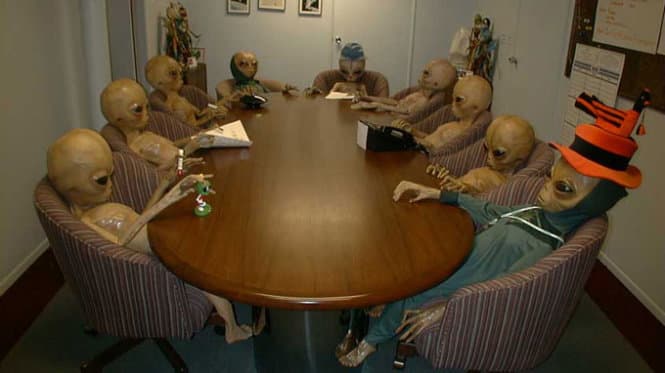

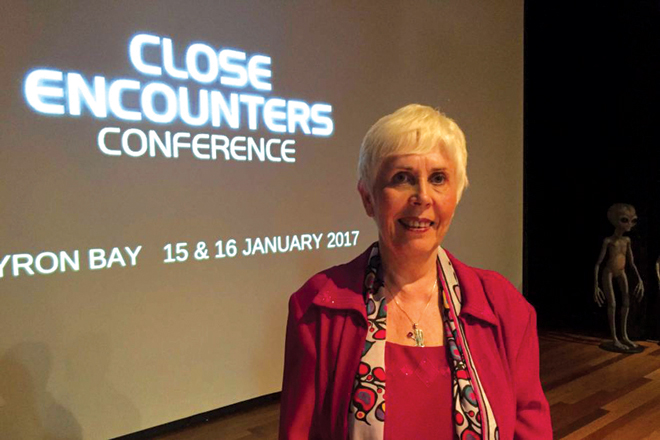
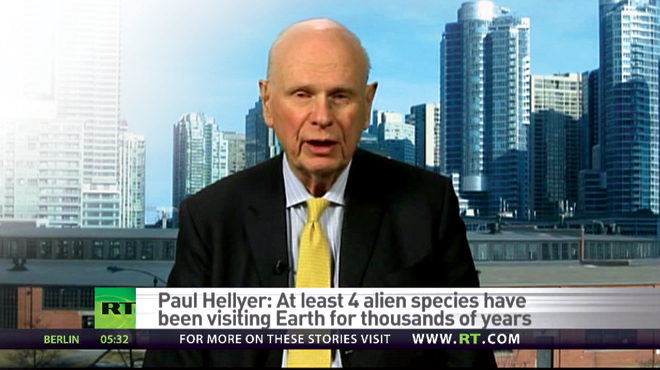
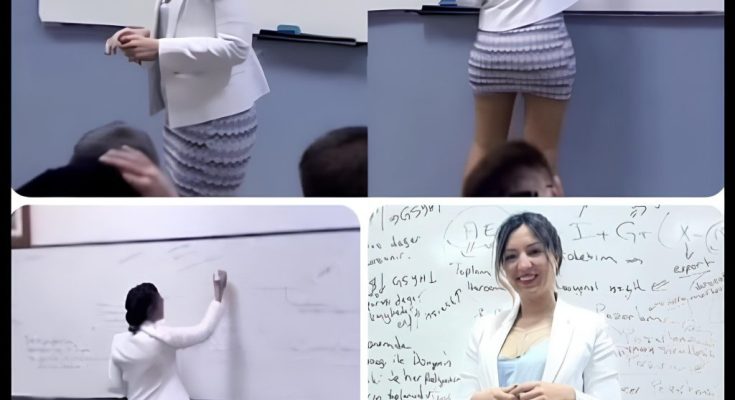
 “If a door is left unlocked, whose fault is it when someone walks in?”
“If a door is left unlocked, whose fault is it when someone walks in?”
 The school’s grading system went offline.
The school’s grading system went offline. “I never told them to do anything illegal. I simply taught them how to think.”
“I never told them to do anything illegal. I simply taught them how to think.”

